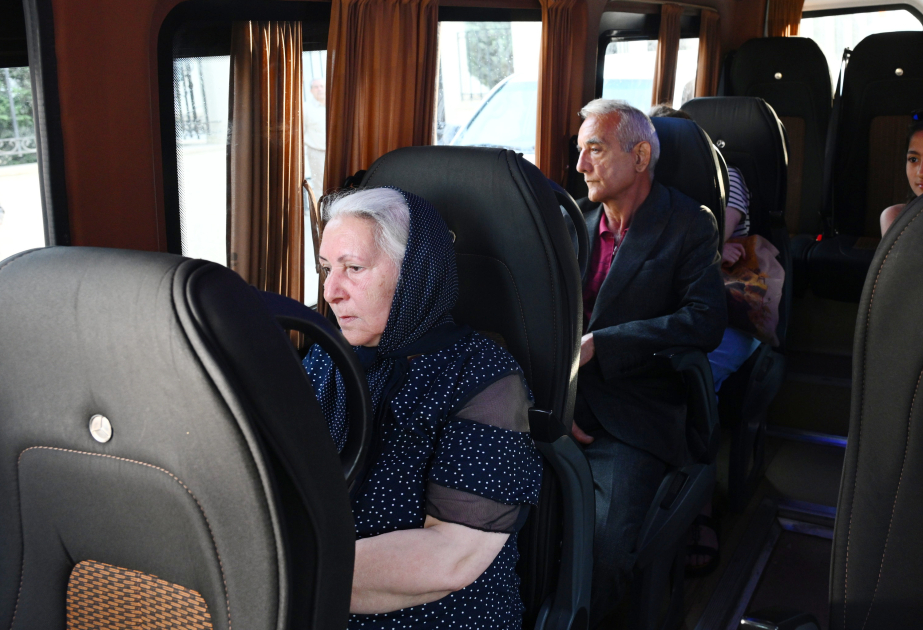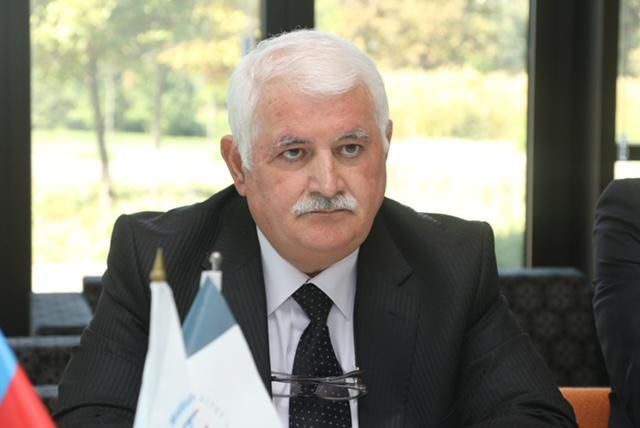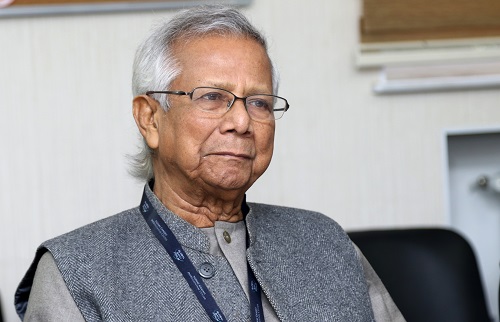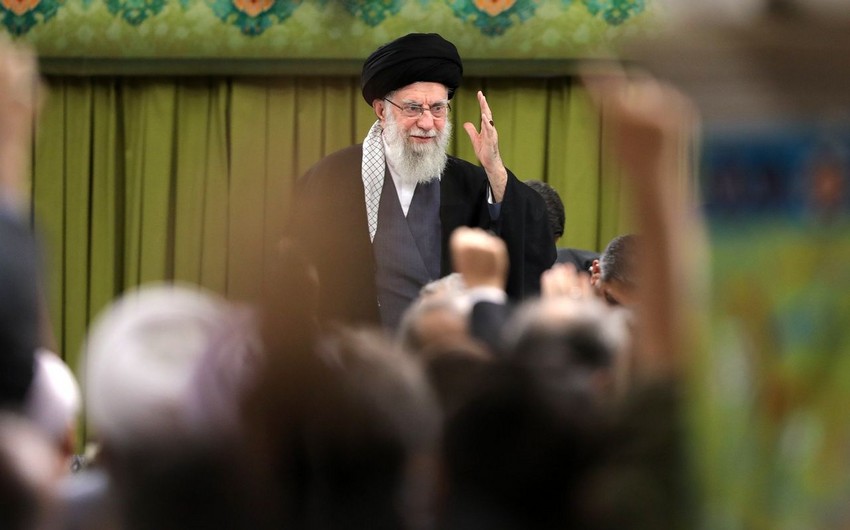President Donald Trump’s historic tariff announcement will have a lasting impact on South Asia, where the US is a top export destination for many countries in the region, analysts say.
The region – which includes the world’s most populous country, India, as well as Pakistan, Bangladesh and Sri Lanka – is “dealing with varying levels of economic stress,” he said.
“There’s a lot of vulnerability, and the tariffs will hit hard,” said Michael Kugelman, South Asia Institute Director at The Wilson Center, a US-based think tank.
Trump imposed the highest tariffs in the region on Sri Lanka, at 44%. The island nation is still recovering from an economic crisis that contributed to the toppling of its government. It is now dependent on a bailout from the International Monetary Fund.
Bangladesh, which has a major garment industry, is also expected to grapple with economic pressure after Trump placed 37% tariffs on imports from there.
The US has historically been a top destination for Bangladesh’s garment exports. Trump’s announcement could reduce the competitiveness of the industry, affecting jobs in the sector.
“Both Bangladesh and Sri Lanka would be severely impacted as access to the US, their largest export market, would be restricted,” according to Biswajit Dhar, a distinguished professor at the Council for Social Development in New Delhi.
India was slapped with some of the highest tariff rates for a major US trading partner, but at 26%, was not hit as its Asian peers.
New Delhi “made many earlier concessions to Washington to try to shield itself, but it didn’t work,” said Kugelman. Its “saving grace” now is a bilateral trade deal it’s negotiating with the US, he added.
“The stakes of these talks are high, as a deal would reduce tariffs on both sides and bring India some relief.”
Praveen Khandelwal, a politician from India’s ruling party and head of the Confederation of All India Traders, said the government would “talk to the Trump administration about how to ensure a minimal impact on the trade between America and India.”
Madina Mammadova\\EDnews









